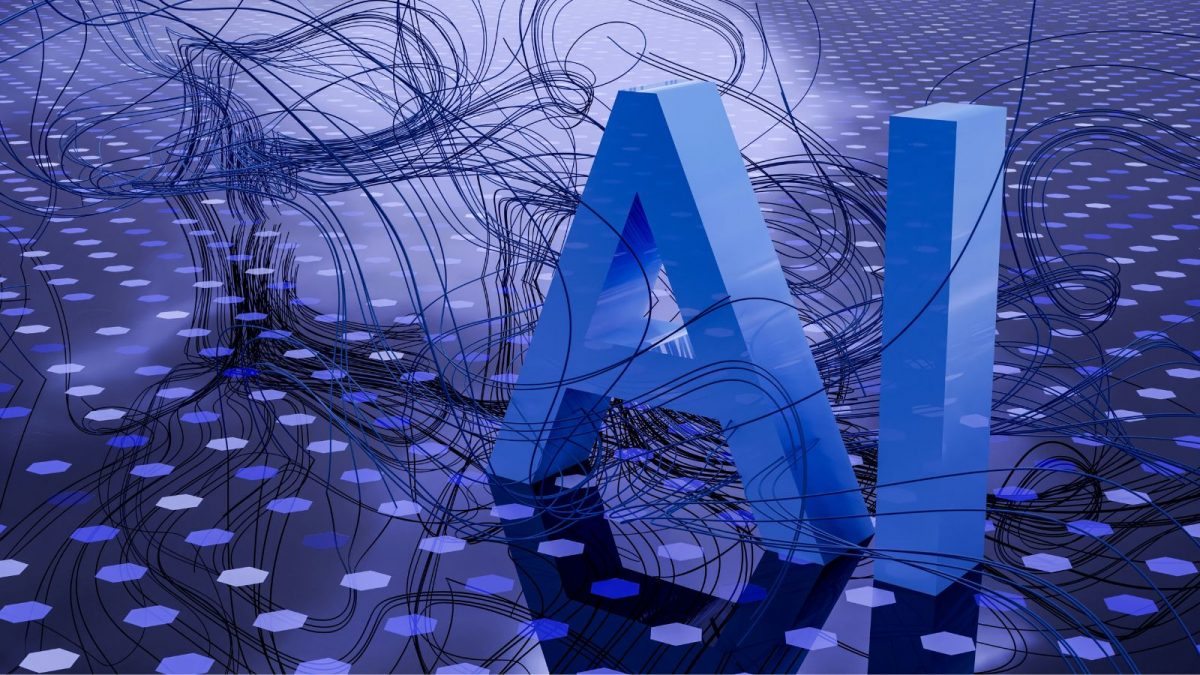 |
|
The rapid advancement of artificial intelligence (AI) is sparking a heated debate, particularly concerning the safety implications of this powerful technology. Yoshua Bengio, a prominent figure often referred to as one of the 'godfathers of AI,' has voiced serious concerns regarding the escalating competition between leading AI companies, specifically highlighting the rivalry between OpenAI and the rapidly emerging DeepSeek. Bengio's worries center around the potential for this competitive pressure to compromise safety protocols and ethical considerations in the development and deployment of AI systems. The core of his argument rests on the premise that the intense pressure to stay ahead in the race for AI dominance might incentivize companies to prioritize speed and innovation over robust safety measures and ethical guidelines. This could lead to the creation and release of AI models that are inherently unstable, prone to malfunction, or even capable of being misused for malicious purposes.
Bengio's concerns are amplified by the unprecedented speed at which DeepSeek, a relatively new player, is challenging established giants like OpenAI and Google. This rapid growth, while exciting for some, raises significant red flags for experts like Bengio. The fear is that the competitive landscape, characterized by a perceived ‘arms race’ for AI supremacy, fosters an environment where safety and ethical considerations are pushed to the periphery. In an interview with the Guardian, Bengio illustrated this point by highlighting the dynamic between two competing companies. If one entity believes it maintains a significant lead, it can afford to proceed more cautiously. However, when both perceive themselves as neck and neck, the competitive pressure to accelerate development inevitably intensifies, potentially sacrificing safety and ethical considerations in the process. This is a critical point, as the implications of releasing potentially unsafe or unethical AI systems are far-reaching and could have devastating consequences.
Beyond the immediate concerns about the safety of AI systems themselves, Bengio's report also raises the specter of malicious applications of AI technology. The rapid advancement in AI capabilities opens the door to the development of sophisticated cybercrime tools and other potentially harmful applications. The report, co-authored by Bengio and over 90 other AI experts, issued a stark warning about the potential for AI to be misused in various sectors. This underscores the need for not only robust safety measures within the AI systems themselves, but also for broader societal safeguards to prevent the misuse of this powerful technology. The report's findings highlight the urgent need for stronger regulations and ethical guidelines to govern the development and deployment of AI, emphasizing the necessity of a proactive approach to mitigating potential risks.
Adding another layer of complexity to this issue is the involvement of governments. The US government, notably, has expressed concerns about DeepSeek's rapid rise and its potential challenge to the dominance of US-based AI companies. Allegations of DeepSeek using OpenAI models in its development have surfaced, adding another layer of concern. This highlights the geopolitical dimension of the AI race and the potential for national security implications. The investigation into these allegations underscores the importance of transparency and accountability in the development of AI, both for the protection of intellectual property and for ensuring the responsible use of this powerful technology. The involvement of governments highlights the need for international cooperation and the development of unified regulatory frameworks to address the global challenges posed by the rapid advancement of AI.
In conclusion, the concerns raised by Yoshua Bengio and other AI experts serve as a crucial wake-up call. The rapid advancement of AI, particularly the fierce competition between leading companies like OpenAI and DeepSeek, creates a significant risk of compromising safety and ethical considerations. The intense pressure to stay ahead in this technological race could lead to the deployment of unstable, unreliable, or even malicious AI systems with potentially disastrous consequences. The need for robust safety regulations, ethical guidelines, and international cooperation is paramount to mitigate these risks and ensure the responsible development and deployment of AI for the benefit of humanity. The ongoing investigation into DeepSeek's practices further emphasizes the urgency of addressing these critical issues before the consequences become irreversible.
Source: Godfather of AI Has This Warning For OpenAI And DeepSeek About AI Safety
